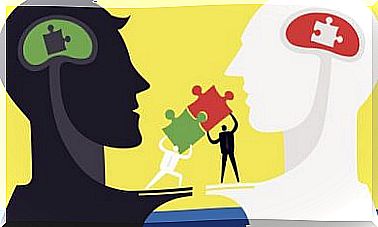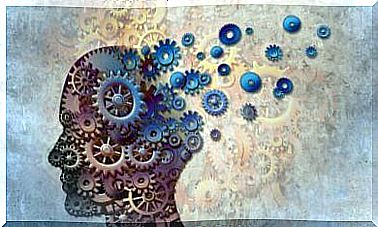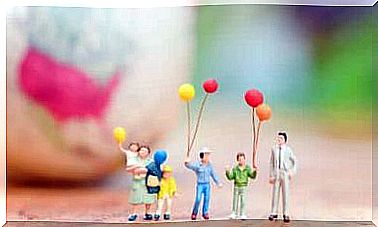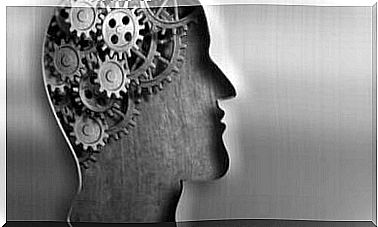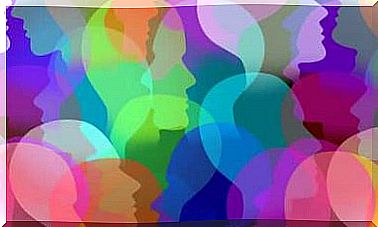If You Don’t Like Highs, Don’t Provoke Causes

If you want me to listen to you, don’t yell at me. If you are looking for my respect, please treat me with consideration first. Because if you don’t like the highs, you shouldn’t provoke the causes. And even if you don’t believe it, we often reap what we sow.
It is very likely that these ideas remind us a little of this behaviorist vision where any stimulation is accompanied by a consequence associated with it. It is not necessary to come to such determinism, but somehow we all have a subtle equilibrium within us to which any variation results in a reaction.
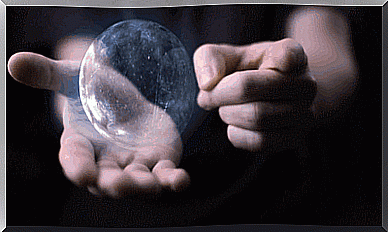
The weight of effects or the law of consequence
We have a basic and elementary knowledge of the relationship between certain causes and their effects. The world of machines and engineering, for example, undoubtedly provides us with a very illustrated learning on the subject, when in reality, not really deep. If I press this button my computer will turn on, if I press my car brake it will save me a lot of accidents.
But in fact, human behavior is much more complex. We have no buttons let alone an instruction manual. Indeed, sometimes, even when interacting in the same way with two people, the effects are very different. We are as wonderful as we are complicated, we have a delicate mix of emotions, affects and values that create varied reactions to the same stimuli.
On the other hand, what we call “law of cause and effect” or consequences teaches us very basic foundations on the world of human relations that are worth taking into account:
- Every action, thought or intention is like a boomerang. Sooner or later, this behavior, this word thrown at random at someone, comes back to us with a definite effect. It must be taken into account.
- What makes us suffer today, what holds us back today in this complex present, is linked to a cause that we must seek in our past.
- So instead of seeing everything as some kind of implicit determinism, we have to accept things as they are. We are free and powerful beings able to choose what we do, say and think at every moment.
It is therefore everyone’s responsibility to try to anticipate what effects each of our actions may have: we need to be more thoughtful and less intuitive.

Pay attention to your actions, words and thoughts
We are nothing other than what we do or what we say: we are above all what we think. This is how we delimit our reality to give it form, body and essence. If your thoughts are inhabited by fear or the belief that you cannot or do not deserve something, you will only be able to evolve on paths filled with swamps and fences that will have to be crossed on a daily basis.
The theme of causes and effects does not only affect everything around us. Above all, it involves ourselves as creative agents, beings with real power, able to shape their own reality. Next, we’ll walk you through how to put this into practice in the healthiest and most rewarding way possible.

Pay attention to the causes to obtain more authentic effects
We could all have more dignified and happier lives if we cared a little more about our attitudes, if we were more careful about what we say without needing to hurt or embarrass ourselves as well. than the others. The law of cause and effect reminds us that everything we do, say or think has an impact, both on ourselves and on those around us.
In a way, what Galileo once told us is happening: “All things are linked by invisible bonds. You cannot tear off a flower disturb a star. ” Now let’s take a look at how to create healthier, more dignified, and more rewarding effects for everyone.
- If we generate good deeds, we will reap good results. It is true that you should not wait for others to always notice your good deeds, for it is only you who should be concerned about acting with kindness, respect and nobility.
- Desires create intentions, and intentions, in turn, give birth to many of our actions. So make your desires for yourself and others rewarding, positive, and constructive.
- Automation is another aspect to take into account. We live a large part of our daily life automatically, we let ourselves be carried away. All this causes us to disconnect from our inner world and even from our emotions.

Go slower, stop. Each time you are going to pronounce a word, first analyze what effects it can cause. Take a break and turn off this mental noise inhabited by limiting attitudes and doubts. Reformulate your thoughts with new energies, new forces, and new affects to get your reality to change as well.
Sometimes the smallest things give shape to big universes of happiness, and anything, absolutely anything, can start with a single thought.



